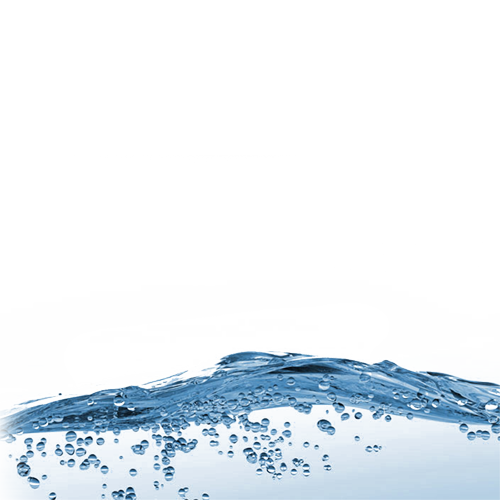Mouthwash:
myths
and realities
Along with toothpaste and dental floss, mouthwash is part of a complete dental hygiene program. But how well do you know this product that’s so famous for fighting bad breath?
True or false?
All mouthwashes are made equal.
Mouthwashes can be divided into two categories: cosmetic and therapeutic. Cosmetic mouthwashes loosen bits of food from your teeth, fight bacteria and temporarily reduce bad breath, while therapeutic mouthwashes contain specific ingredients for tooth whitening, reducing cavities or gingivitis, or strengthening the enamel to lessen sensitivity.
Therapeutic rinses also contain essential oils, chlorhexidine as well as cetylpyridinium chloride and fluoride, which help reduce plaque and prevent the appearance of gingivitis. Chlorhexidine can cause brown spots on teeth and temporarily alter your sense of taste, so it isn’t recommended for long-term use.
Mouthwash
can replace
brushing.
Mouthwash is more of an add-on. When combined with tooth and tongue brushing and flossing, mouthwash can help reduce the level of bacteria in your mouth. It also removes more plaque and tartar and does more to help prevent gingivitis (an inflammation of the gums caused by plaque build-up) than brushing alone. Use it twice a day, morning and night.
Mouthwash with fluoride helps prevent cavities.
Mouthwashes that contain fluoride can protect teeth from the bacteria that cause cavities and decay. For more effective results, use mouthwash after brushing and flossing. Use the quantity specified in the directions, vigorously rinse for 30 seconds, then spit. If swallowed in large quantities, sodium fluoride can be toxic.
Mouthwash
cures bad
breath.
Bad breath caused by garlic, onion and spicy food actually comes from your lungs as you exhale, so freshening your mouth won’t help for long. As well, your saliva dilutes the product, making it less effective. However, mouthwash can help to loosen bits of food after a meal if you don’t have a toothbrush handy. It’s a temporary fix, but better than nothing till you can give your teeth a proper brushing!
Mouthwash is harmless for children.
Children under 6 years of age, and even under age 12, should only use products formulated for them. The same applies to people who have difficulty spitting.

